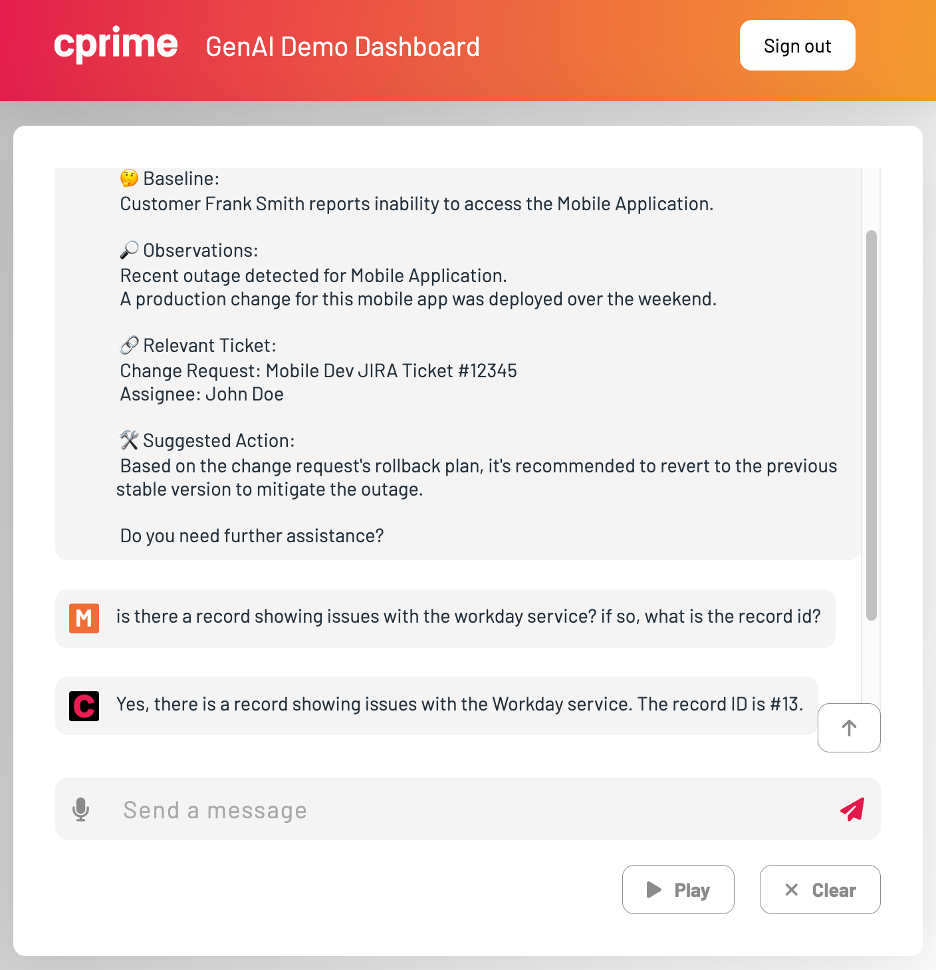Rise of the Platform Engineers: Taking DevOps to New Heights and Keeping Developers Happy
When a company’s success relies on software—and make no mistake, that’s easily 90% of companies in 2023—the software developer holds tremendous power. That’s why they consistently make it into lists of the highest paid and most in-demand positions. They know demand is expected to rise at least 25% in the next decade, and that we’ve been struggling with a global tech talent shortage for years now.
All that to say smart companies are going to do whatever it takes to keep their developers happy, or suffer the consequences.
So, what makes software developers happy?
Competitive pay and benefits packages are table stakes at this point, so that’s beyond discussion. So what else do developers want? Basically, the same things that make anyone happy with their job: a positive working environment, a reasonable measure of autonomy, a supportive culture, and the opportunity to do good, meaningful work.
There’s a ton of solid research out there on employee engagement and retention that supports the above, but I’ll only focus on one fast-growing trend that’s increasingly impacting the DevOps community, and that I think development orgs ignore at their peril: platform engineering.
Platform engineering: what and why?
I recently read through survey results from Humanitec—their 2023 DevOps Benchmarking Study—that piqued my interest because it was almost exclusively focused on platform engineering. Doing a little digging, I found that Puppet did the same with a special edition of their State of DevOps report, and that Gartner considered platform engineering one of the Top 10 Technology Trends for 2023.
Of course, the concepts aren’t new. DevOps has always been about improving the flow of the software development lifecycle by using automation and tooling to better integrate the development and operations sides of the equation.
For example, locating and fixing bugs in the code is one of the biggest challenges standing in the way of quick and timely deployment. DevOps tools and practices can automate the lion’s share of time-consuming regression testing and knock 80% of the time off the process without spending more.
Done well—and combined with Agile practices—it dramatically speeds up the idea-to-release cycle, speeding value to the customer.
DevOps, leveled up
Essentially, platform engineering takes those concepts and levels them up by separating Dev and Ops just enough to actually bring them closer.
It involves a shared services model in the form of a Platform Team whose function is to create and continually optimize and improve an engineering platform designed to support the needs of software developers and others by providing common, reusable tools and capabilities, and interfacing to complex infrastructure. It’s about self-service and automation; essentially allowing developers to focus their thought, energy, and creativity on their core skills without getting bogged down in Ops functions that can often get in the way in a more traditional DevOps setup.
Top performing teams are already doing this
Why should development orgs consider and/or double down on platform engineering? Because the top-performing teams already have, and the gap is widening.
Here are just a few of the key results that really struck me from the Humanitec report:
- 93% of top performers use a platform built and maintained by a platform team.
Using an independent development platform (IDP), these top performing developers can complete DevOps tasks like
- The creation of new feature or PR environments (83.6%)
- Deploying to dev or staging environments (93%)
- Assigning resources to apps based on golden paths and a standardized approach (85%)
- Bootstrapping a new app within less than two hours (53%) or under a day (93%)
They can better implement the best of the best practices, like
- Managing app configs in a standardized way across all apps (82%)
- Separating environment-specific from environment-agnostic configs (81%)
- Deploying on-demand (67%) or at least several times a day (84%)
- Maintaining a lead time of less than a day (84%), with most measuring it in minutes (59%)
And it’s important to remember, they complete all of these tasks entirely independently, meaning the developers are truly able to bring the DevOps mantra, “you build it, you run it” to life.
Making developers happy
Circling back to my initial point, all of this results in a higher-quality developer experience—they’re more productive, less stressed, and by extension, happier with their jobs and more likely to stick around and add more value for a longer period of time.
And that translates to larger organizational success. In summary, the Humanitec report states: “This presents an excellent opportunity to reduce time to market and deliver high-speed innovation cycles; ultimately, this discipline can help drive customer satisfaction, create real business value, and boost the bottom line.”
So, platform engineering is now firmly on my radar as we look ahead to where Agile, DevOps, and technology in general is heading. Of course, emerging tech like generative AI could change everything tomorrow! That’s what I’ll be writing about next time.
What about you? Are you already investigating, pursuing, or fully engaged in platform engineering? How’s it going? I’d love to discuss it with you.



